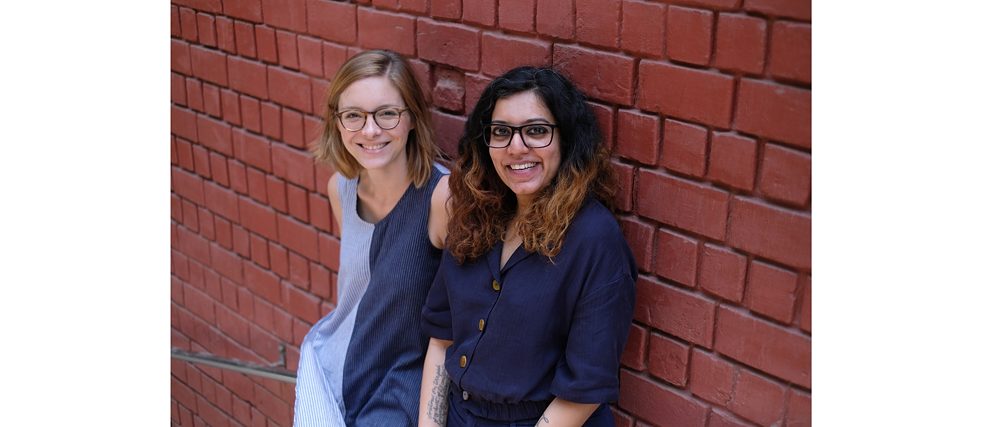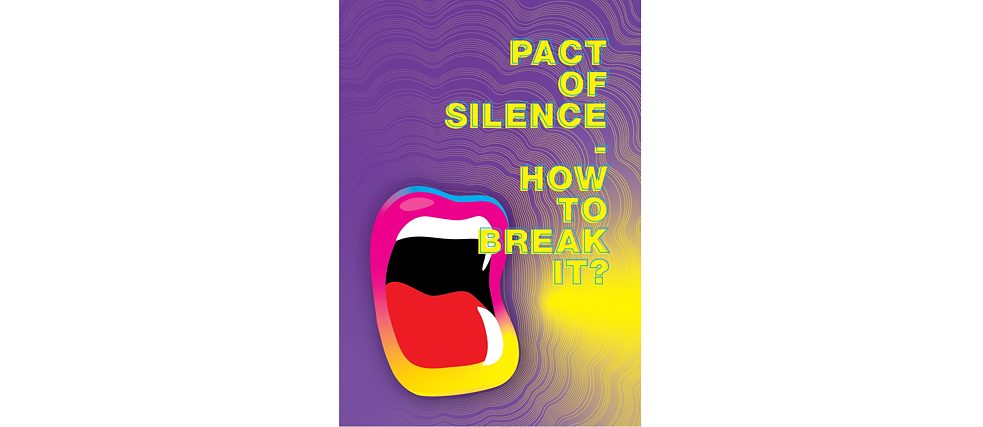Arnika Ahldag & Meenakshi Thirukode (Instituting Otherwise)
Five Million Incidents
About the Actants
 © Anuraag Mehandiratta
Arnika Ahldag is a Ph.D. candidate at the School of Arts and Aesthetics, Jawaharlal Nehru University. Her artistic practice investigates work as performance and enquires into the changing notions of profession and labour, the transactional value of work, fictionalised accounts of future cities and societies. She also works with the Mobile Academy Berlin.
© Anuraag Mehandiratta
Arnika Ahldag is a Ph.D. candidate at the School of Arts and Aesthetics, Jawaharlal Nehru University. Her artistic practice investigates work as performance and enquires into the changing notions of profession and labour, the transactional value of work, fictionalised accounts of future cities and societies. She also works with the Mobile Academy Berlin.Meenakshi Thirukode is a writer, researcher and a 2016-17 FICA Inlaks Goldsmiths scholar at the M.Res program in Curatorial/Knowledge, Goldsmiths, University of London. Her area of focus and research is on the role of culture and collectivity in the sub-continent within the realm of a trans-nomadic, transient network of individuals and institutions.
 © Sanket Jadia
Pact of Silence - How to break it? instigated by Arnika Ahldag and Meenakshi Thirukode (Instituting Otherwise), looks to mobilise individuals, and perhaps mobs, to imagine and articulate the idea that another art world is possible. The project seeks to raise consciousness about the inequity in the art world post the #metoo movement that revealed extreme instances of abuse of young art workers and students – some of the most vulnerable in the industry. The project will produce texts, listening sessions and an archive of a visual outpouring of an emotional architecture around this violence. The hope then is to have multiple layers through which a collective knowledge production will be accessible to those who build a future art world imaginary.
© Sanket Jadia
Pact of Silence - How to break it? instigated by Arnika Ahldag and Meenakshi Thirukode (Instituting Otherwise), looks to mobilise individuals, and perhaps mobs, to imagine and articulate the idea that another art world is possible. The project seeks to raise consciousness about the inequity in the art world post the #metoo movement that revealed extreme instances of abuse of young art workers and students – some of the most vulnerable in the industry. The project will produce texts, listening sessions and an archive of a visual outpouring of an emotional architecture around this violence. The hope then is to have multiple layers through which a collective knowledge production will be accessible to those who build a future art world imaginary.